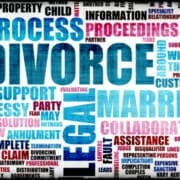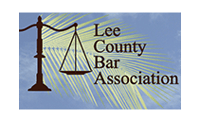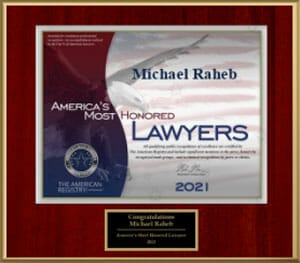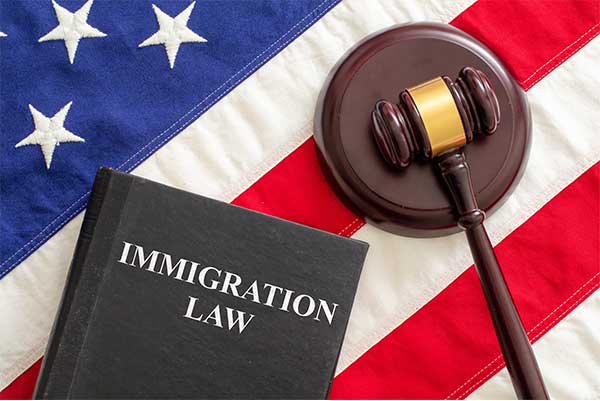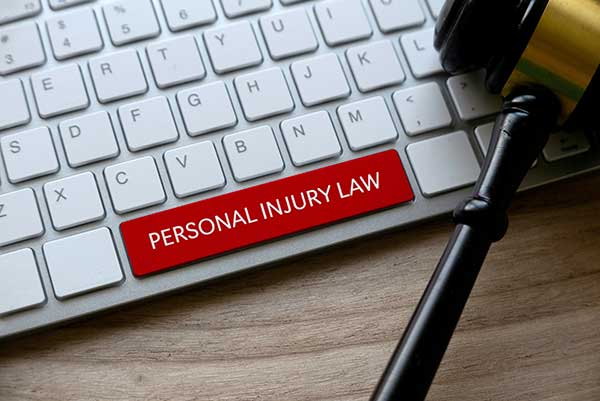3 Signs of Inaccurate or Biased Child Custody Evaluations – Naples Divorce Lawyer Insights
Child custody evaluations are intended to provide unbiased recommendations and conclusions related to timesharing and custody. According to the Florida Bar, these evaluations can dramatically influence the final outcome of a custody dispute. But what happens if the evaluator is biased? How would you know?

When going through a divorce — no matter which state — it’s always a good idea to go to a family law attorney – divorce lawyer corona ca that can help you get the best possible result. They know the laws well and will be able to fight for what’s rightfully yours. But in the meantime, here are three reasons to question the results of your child custody evaluation:
- Evaluator Does Not Interact with Each Parent Equally
It is critical that child custody evaluators treat each parent fairly. If your evaluator spends more time communicating with your ex than with you, there may be cause for concern.
Your Jacksonville Florida family law attorney, or another divorce lawyer, may use a rebuttal expert to prove how the evaluator favored your ex with disproportionate collateral contacts, emails, interviews, phone calls, or parental relationship observation. Rebuttal psychologists can also identify situations that could have caused cognitive bias. For example, if your ex had several interviews with the evaluator before you even met the evaluator, then there may have been subconscious favoring of your ex – especially if he or she spoke negatively about you.
- Evaluator’s Recommendations Do Not Complement the Facts of Your Case
You should be concerned if there is no connection between the recommendations and the facts of your case. All child custody arrangements should support the best interests of the child, and if the recommendations clearly do not do this, then your child custody attorney may challenge the evaluator’s conclusions and recommendations.
Evaluators and judges must consider several factors when evaluating the child’s best interests. These include:
- Each parent’s ability and willingness to encourage a relationship between the child and the other parent;
- Each parent’s ability and willingness to follow the timesharing agreement, and to make adjustments when necessary;
- Each parent’s ability and willingness to act based on the needs of the child rather than the parent’s personal desires;
- Each parent’s availability to the child;
- Each parent’s moral fitness;
- Each parent’s physical and mental health;
- In certain situations, the preferences of the child;
- Each parent’s involvement in the child’s school, personal, medical, and daily life;
- Each parent’s ability and willingness to establish a consistent routine for the child;
- And each parent’s history of domestic violence, sexual abuse, child abuse, child neglect, or child abandonment.
See the 2016 Florida Statutes for the complete list of factors that influence a child’s best interests.
- Evaluator Does Not Provide Evidence to Support Conclusions and Recommendations
According to the American Psychological Association, child custody evaluators cannot make recommendations based on unconfirmed information. The final report must include collateral information sources. If your evaluator did not provide evidence to support his or her conclusions and recommendations, then your divorce lawyer can question them in court.
If you are going through divorce in Florida, or if you have questions about child custody evaluations, contact the Law Offices of Michael M. Raheb, P.A. Mr. Raheb is a child custody attorney in Naples who can protect your interests and help you avoid making mistakes during your divorce.
Call 866-949-0888 to schedule a free consultation. You can also visit http://divorce.usattorneys.com/florida/ to learn more about child custody laws in Florida.




